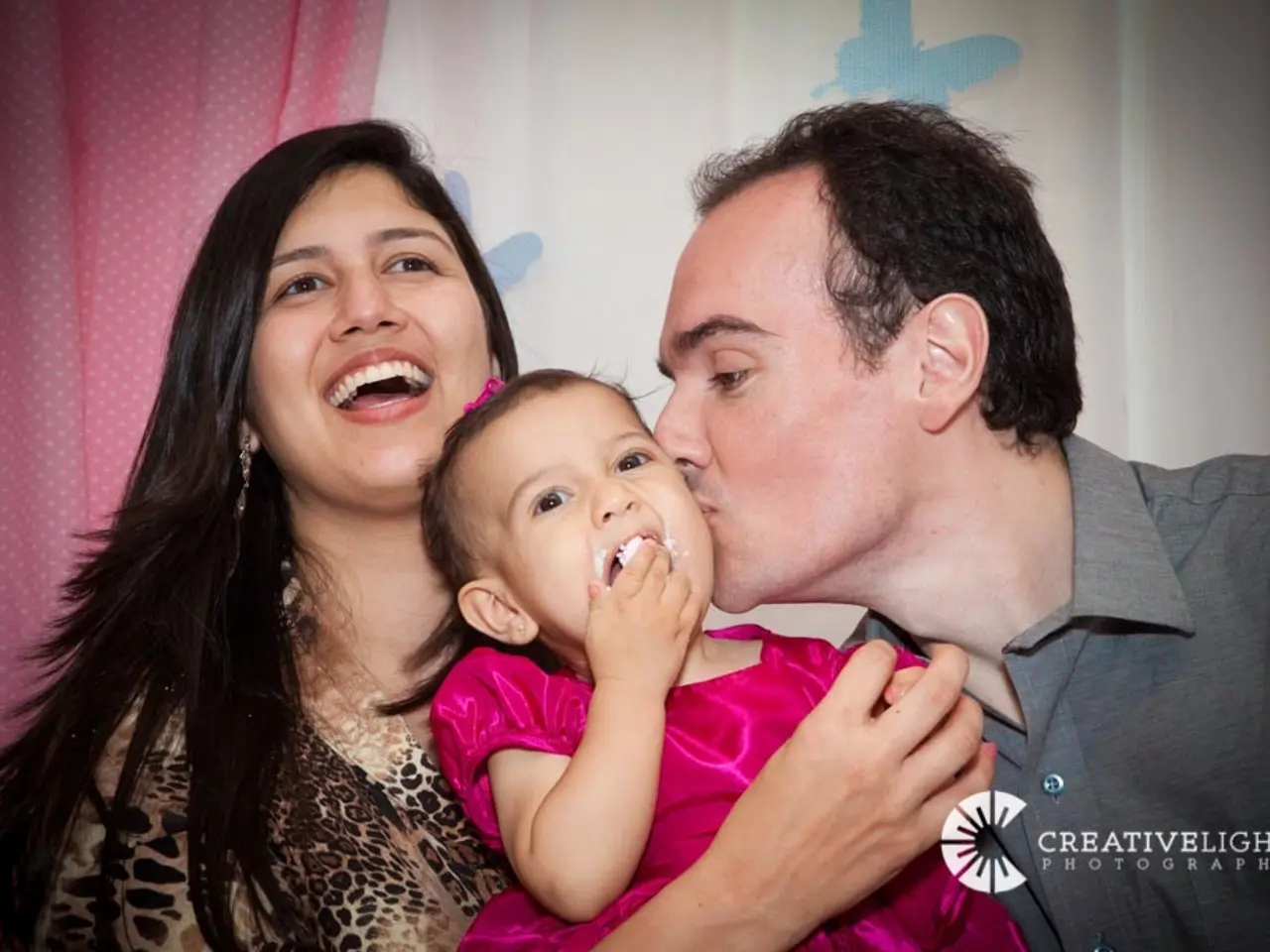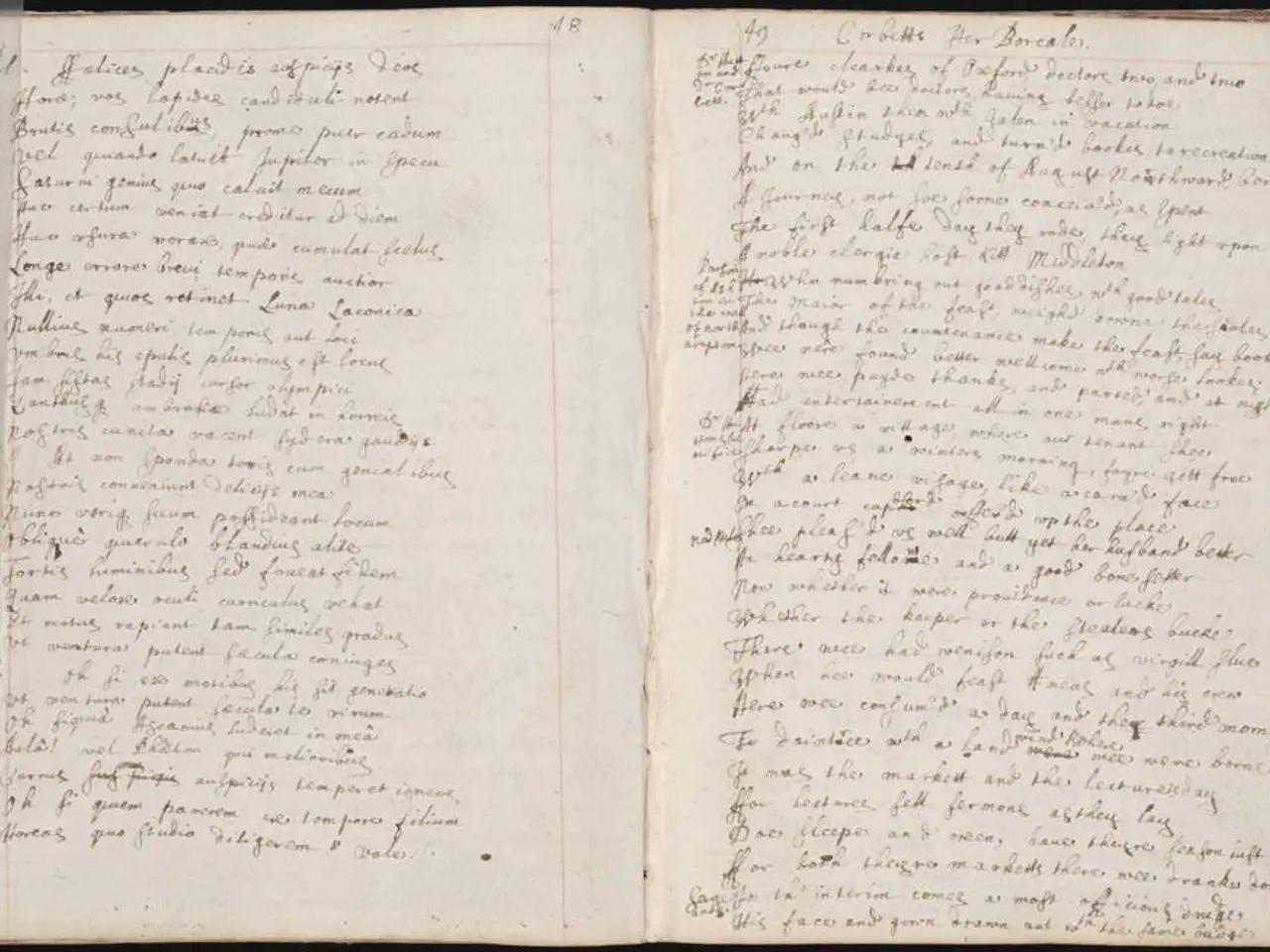Honoring the Monarchs of Hip Hop's Golden Age: A Lyrical Salute to the Rulers of Rap!
========================================================
In the heart of the 1980s and 1990s, a golden era of hip hop emerged, marked by the rise of pioneering artists who left an indelible impact on the genre and, in turn, the world. These icons, often referred to as hip hop royalty, used their fearless lyrics to confront pressing social and political issues, amplify marginalized voices, and shine a spotlight on systemic problems.
Run-D.M.C., Big Daddy Kane, Rakim, N.W.A., Dr. Dre, and Slick Rick were among the most influential artists during this era. They profoundly impacted hip hop through innovations in lyrical complexity, storytelling techniques, production styles, and sociopolitical commentary, thereby shaping hip hop’s artistic direction and its reach into popular culture.
Run-D.M.C. helped legitimize hip hop with harder beats and street-smart lyrics, pushing rap into mainstream visibility. Big Daddy Kane and Rakim elevated lyrical artistry, with Rakim revolutionizing flow and rhyme schemes by introducing more intricate and introspective narratives. Slick Rick’s mastery of detailed narrative fiction further developed storytelling in hip hop.
N.W.A., on the other hand, introduced raw sociopolitical content, notably with the song “F*** tha Police,” which outspokenly addressed police brutality and racial profiling, issues largely ignored by mainstream media. This song, and N.W.A.’s bold stance, highlighted hip hop as a platform for political expression.
Producer Dr. Dre also played a pivotal role, popularizing the West Coast G-funk sound characterized by melodic synthesizers and deep basslines. His 1992 album The Chronic set new production standards, and his mentorship of artists like Snoop Dogg and Eminem helped propel hip hop into a dominant commercial force in music and popular culture.
These artists shaped hip hop both musically and culturally, influencing not only future musicians but also broader social conversations, fashion, language, and media representation during and beyond the Golden Era. Their influence transcended geographical boundaries and cultural barriers, resonating with individuals worldwide.
The ensuing tracks were a whirlwind of ingenuity, skill, and mutual vision, mesmerizing audiences across the globe. Collaborations frequently united legendary artists, each contributing their distinct style and panache to the mix. Eric B. & Rakim and OutKast are examples of such enigmatic duos.
By utilizing their platform to amplify the voices of those on society’s fringes, hip hop royalty continually prove that music can be a potent catalyst for societal metamorphosis. Through their actions and advocacy work, they exemplify a commitment to creating a more just and equitable world. Their charity events, fundraisers, and awareness campaigns focus on addressing education disparities, healthcare access issues, and advocating for criminal justice reform.
Their contributions are immortalized in creative works, from poems exalting their lyrical prowess in powerful ways to portraits adorning galleries worldwide as timeless tributes to their enduring legacies. Biographies chronicle the ascension to fame of these legendary artists in the hip hop industry.
The next generation of hip hop artists is redefining the genre with a focus on authenticity and creativity, drawing inspiration from their predecessors. These artists tackle social issues, urban hardships, and personal narratives authentically. They are known for their groundbreaking music, magnetic personalities, and commitment to their art.
Hip hop royalty's influence transcended music, shaping trends in fashion, language usage, and societal perceptions. Queen Latifah, MC Lyte, and Salt-N-Pepa were influential queens of Hip Hop’s Golden Era. Hip Hop Royalty left observers in awe with their groundbreaking trends that shattered traditional fashion norms.
Seamlessly weaving together diverse musical influences and cultural references, they are crafting a vibrant mosaic of sounds and stories. Through their actions and advocacy work, they exemplify a commitment to creating a more just and equitable world. Through their music, they spark important dialogues and fuel movements for change. They have a unique ability to address social issues such as racism, poverty, and inequality.
In conclusion, the hip hop royalty of the Golden Era have left an indelible mark on the world. Their fearless embrace of individuality has inspired fans to revel in their own uniqueness and promote inclusivity. Their influence transcends beyond just music, shaping trends in fashion, language, and societal standards. Their contributions will continue to be celebrated and their legacy will endure for generations to come.
- The merging of hip hop, pop, jazz, funk, and other genres in the music of hip hop royalty significantly impacted the history of music and entertainment.
- In the same vein, the innovative approaches of these artists caused a ripple effect, influencing trendsetters in the world of sports.
- The sociopolitical commentary of hip hop royalty led to a boom in awareness campaigns about social issues such as education disparities, healthcare access, and criminal justice reform.
- As the park's fusion of diverse musical influences and cultural references continues to evolve, it serves as a robust reminder of the powerful messages delivered during the Golden Era.
- The influence of hip hop royalty on language usage transcends the music industry, with colloquialisms and slang coined by these artists permeating popular culture to this day.








